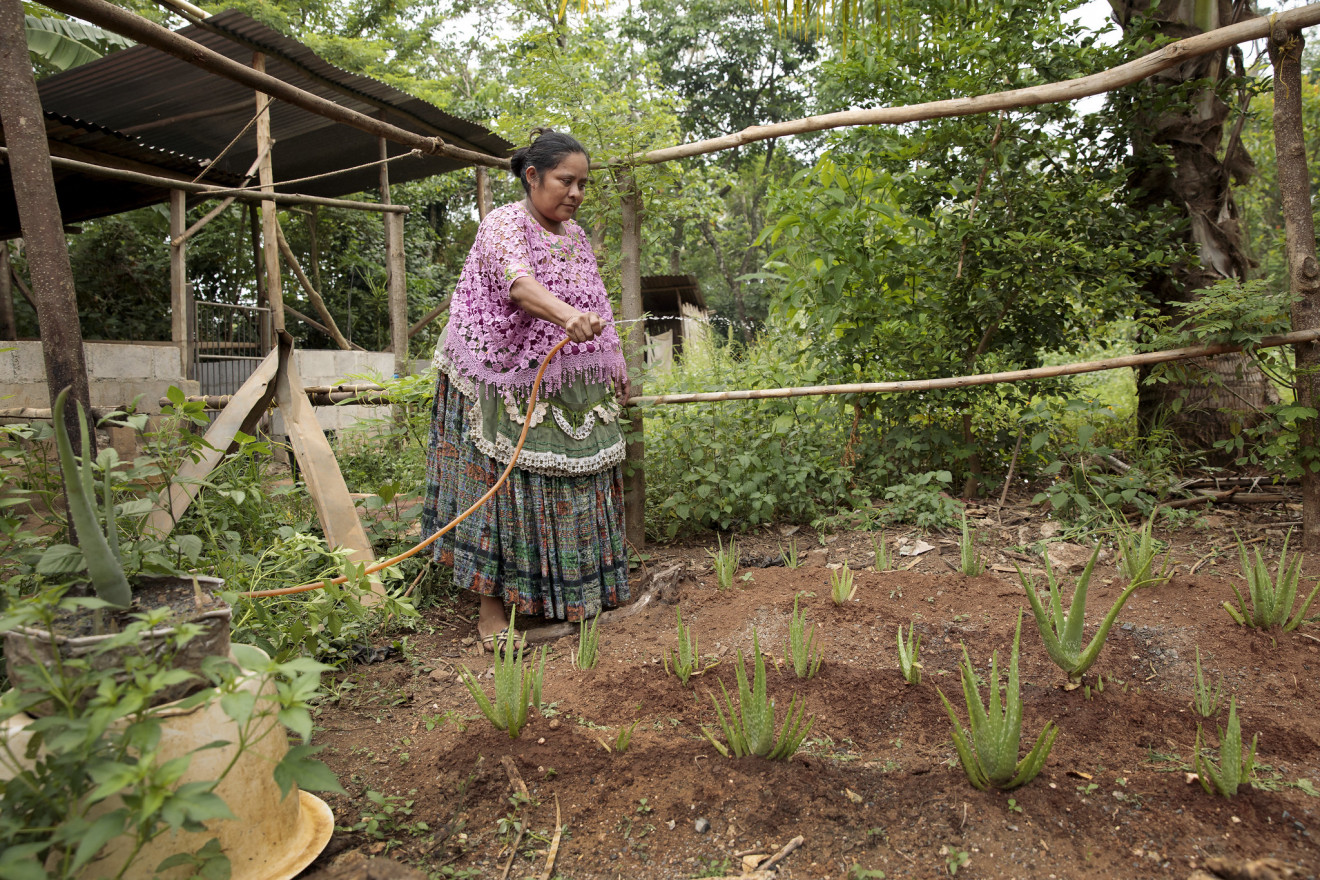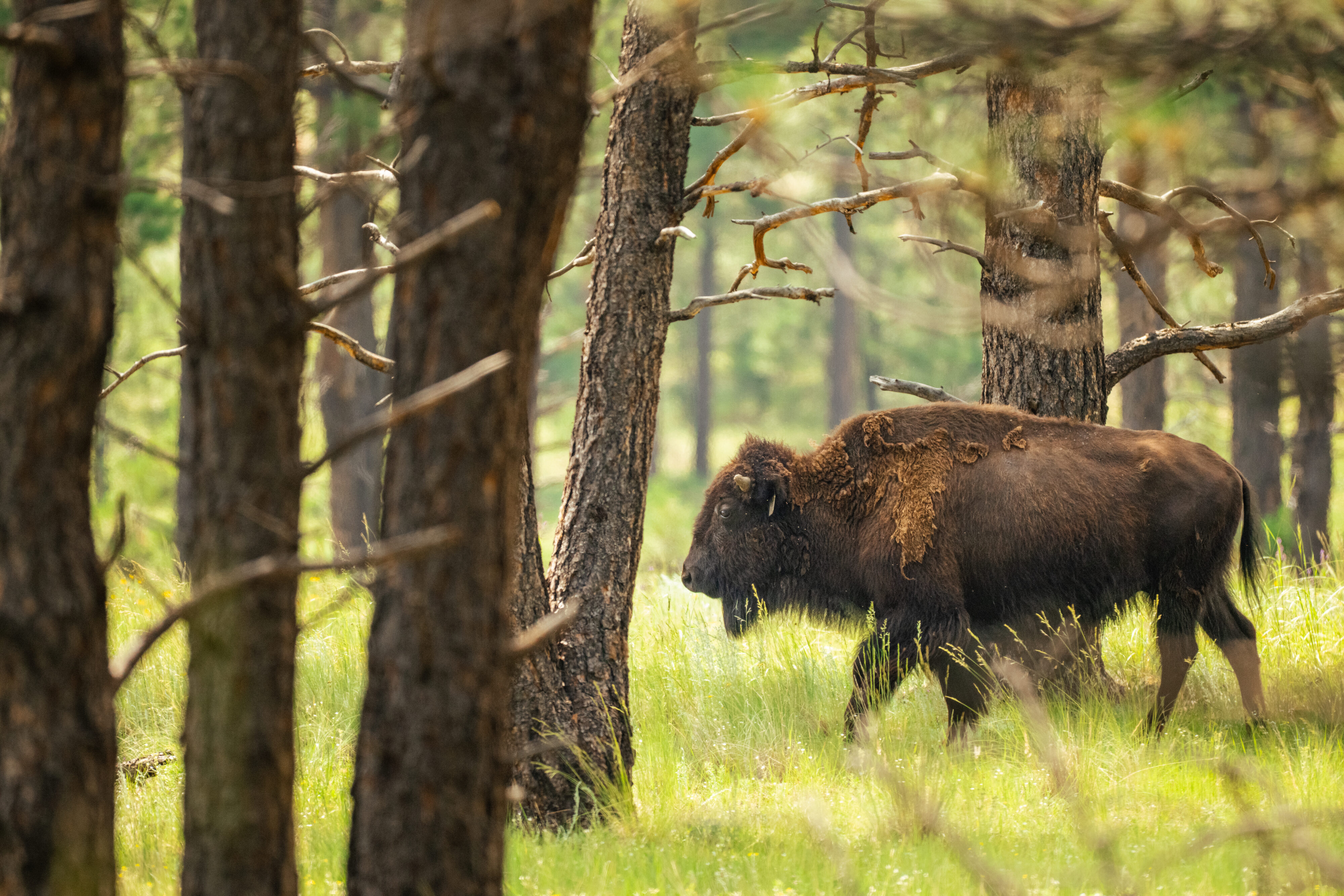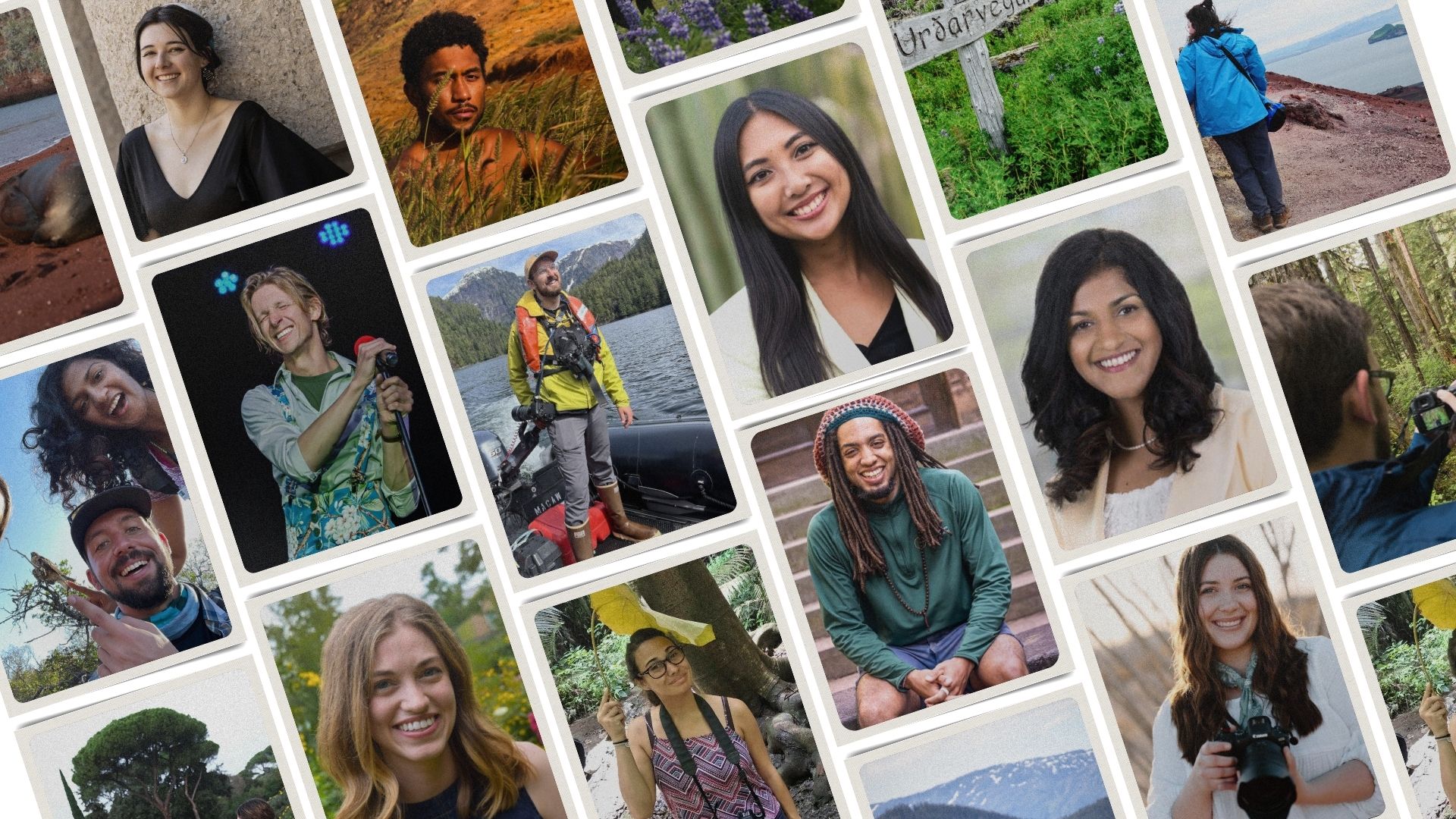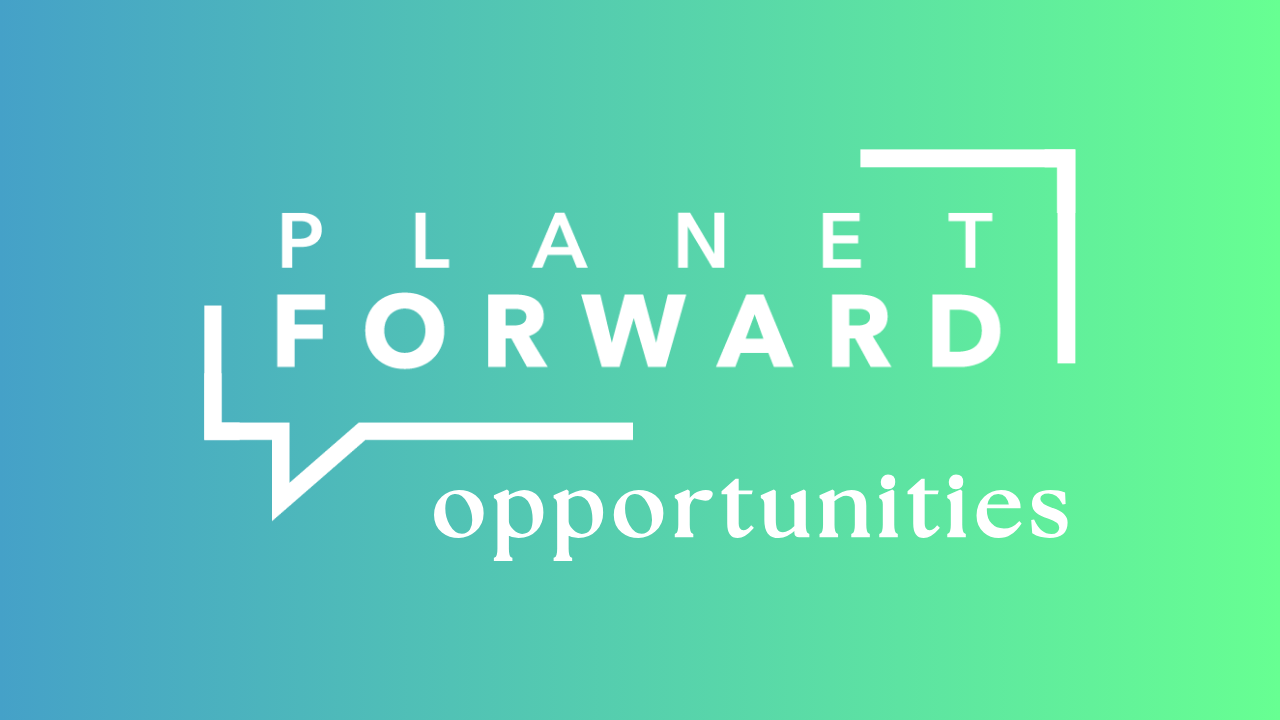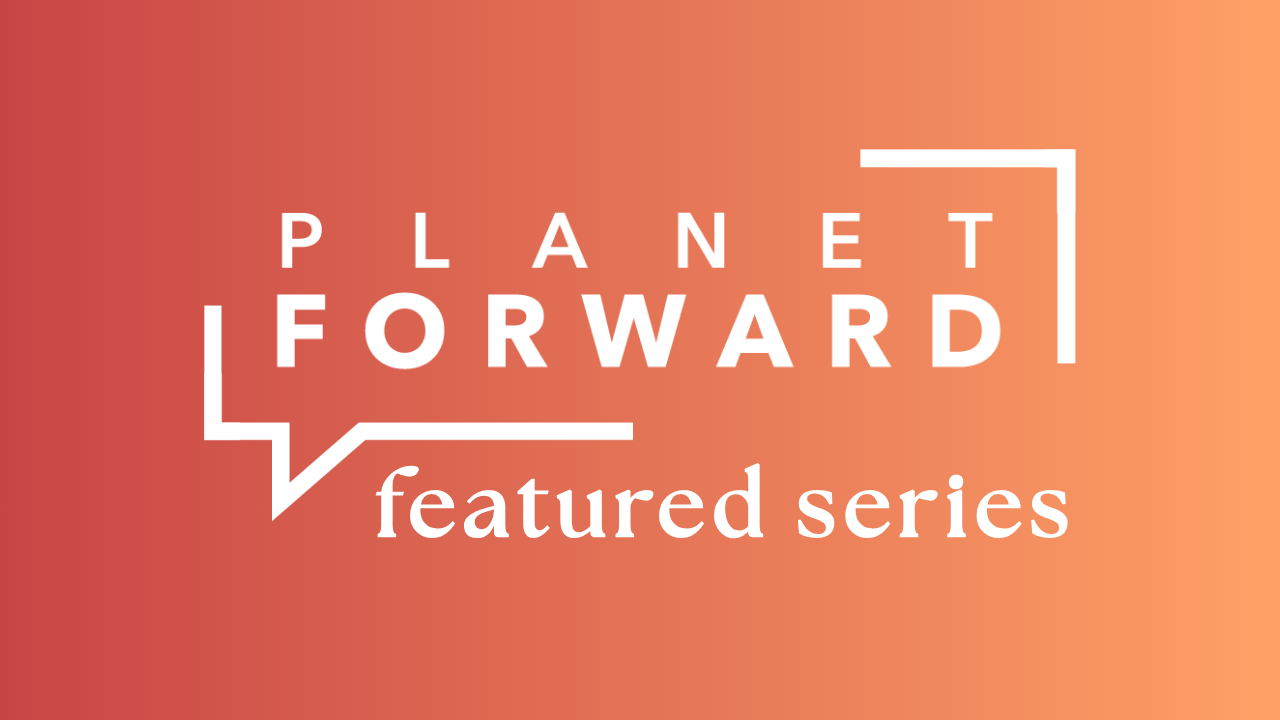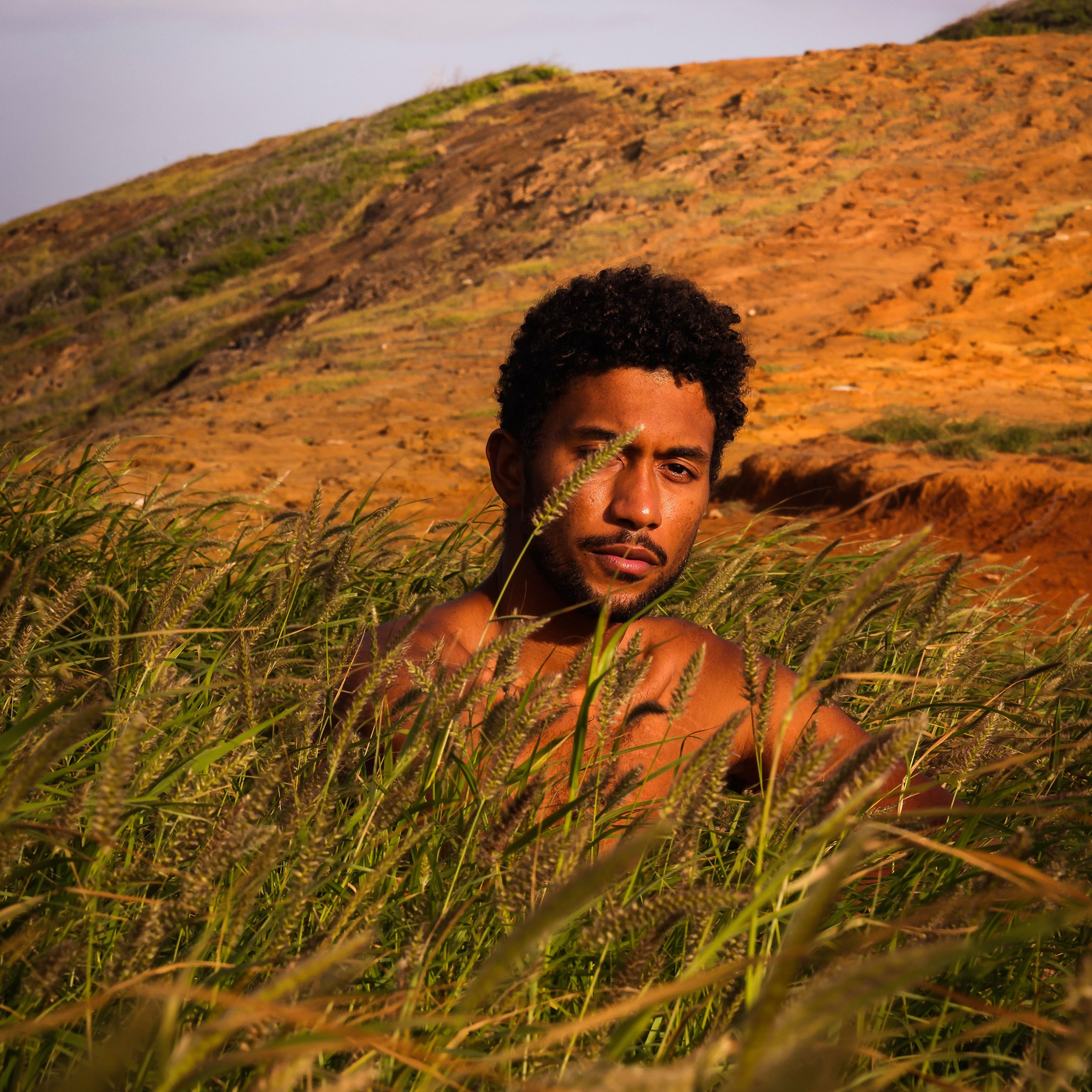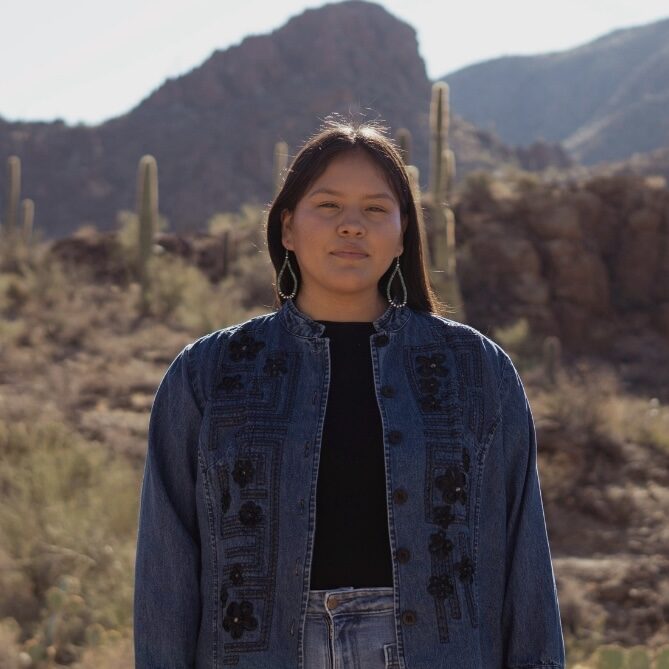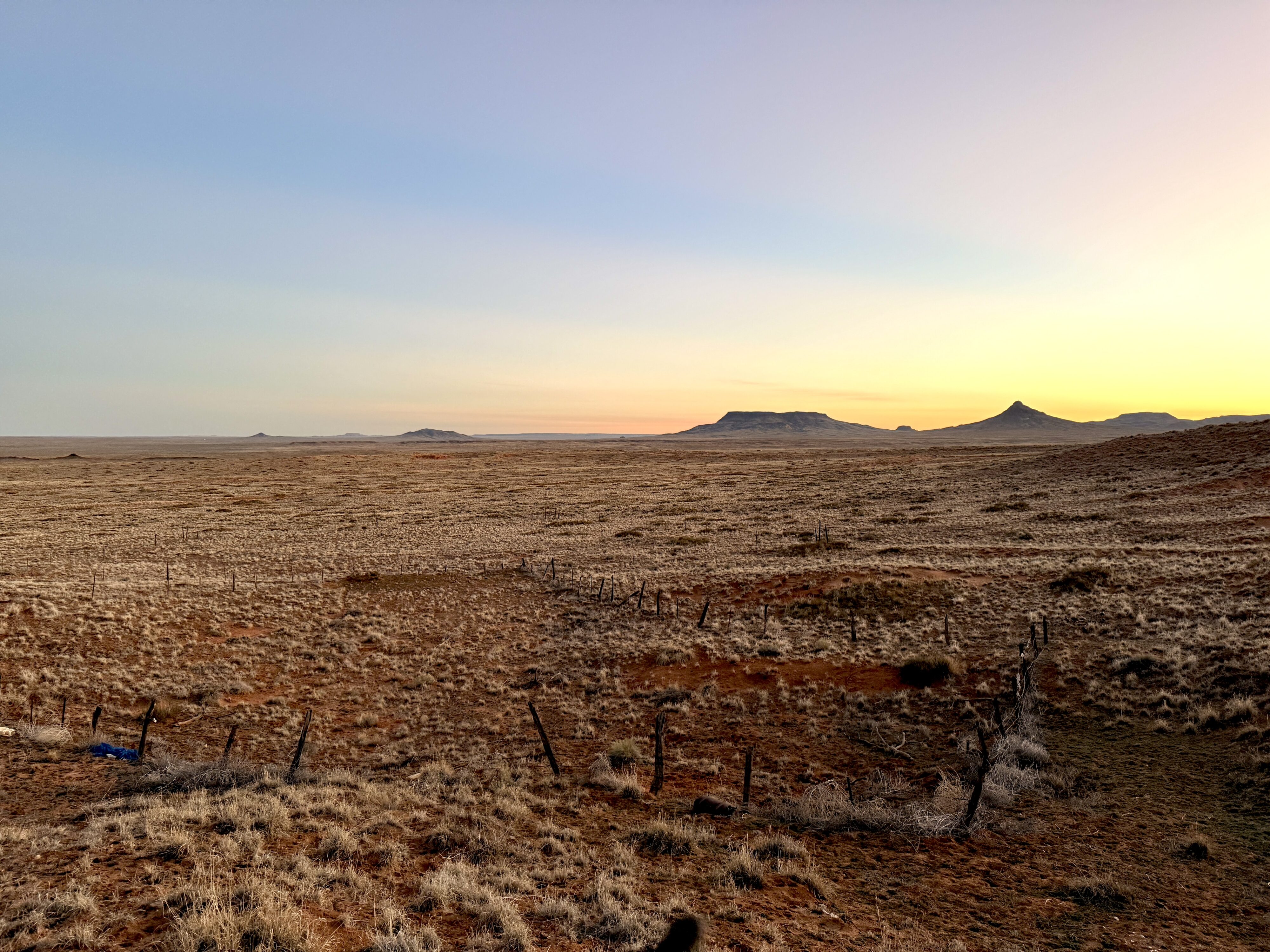The way that we approach work and seek new opportunities has changed drastically with the health, community, and socio-economic impacts of the COVID-19 pandemic. This is especially true for Indigenous Peoples’ communities who have been disproportionately impacted by the pandemic.
I recently had the opportunity to speak to the Indigenous Peoples’ Liaison for North America with the Food and Agriculture Organization of the United Nations, Mikaila Way. Today, her work is focused on building relationships and partnerships with the Indigenous Nations in Canada and the United States focused on revitalizing Indigenous Peoples’ Food Systems.
Indigenous Peoples’ communities’ challenges and priorities of “food security, food sovereignty, and health have accelerated and intensified during the COVID-19 pandemic,” she told me in an interview. Way began her job with FAO one month before COVID-19 changed the world. Concerned about how the pandemic would affect Indigenous Peoples’ communities, she worked with the FAO Indigenous Peoples Unit and the Liaison Office for North America to support communications and network building internationally and regionally. Throughout the regional and global coordination, Indigenous youth have been and continue to be central in the work to protect and revitalize their food systems and the ongoing response to the pandemic.
Here is our conversation about the expanded and existing collaboration between FAO and Indigenous youth. The transcript was edited for length and clarity.
Q: What do you do in your job?
A: Many different things! The main objective of my work is to connect the work of the Indigenous Peoples’ Unit based in FAO headquarters in Rome with Indigenous Peoples in the North America region (Canada and USA), with the FAO Liaison Office for North America in Washington DC, so we can implement a coordinated work plan. We have done amazing activities, including an introductory series of dialogues with more than 120 Indigenous leaders, a High-Level Expert Seminar on North American Indigenous Peoples´ Food Systems, a webinar highlighting Indigenous Women’s role in food systems, and a film screening with the producers of the documentary, “Gather” which I strongly recommend all the readers to watch. In preparation toward the UN Food Systems Summit, we have coordinated with Indigenous youth of North America to develop unified messages and key priorities for global leaders to include in plans for food system transformation.
Q: With the impacts of COVID-19 and climate change, how is FAO prioritizing opportunities to support and empower Indigenous youth?
A: Since 2017, the FAO has offered an Indigenous Youth Internship program, which is now remote. It is a yearly opportunity that goes out to all regions for Indigenous youth internships at FAO headquarters in Rome, as well as regional offices around the world. The internship supports efforts related to raising awareness on the Sustainable Development Goals (SDG), particularly SDG2 to achieve Zero Hunger through wide dissemination of FAO’s work in this area, with a specific focus on including the voices and opinions of Indigenous Peoples’ communities.
FAO’s focus comes in direct response to the loud call echoed by Indigenous youth and elders for global support in the intergenerational transmission of knowledge and empowerment. This transfer of intergenerational knowledge is one of the key priorities for Indigenous Peoples’ climate change adaptation strategies. We are working with the Global Indigenous Youth Caucus as well as global Indigenous youth leaders to ensure their voices and priorities are centered in global debates for COVID-19 response, collective rights, and climate change adaptations.
Q: What are the highlights activities of the FAO collaboration with Indigenous Youth?
A: FAO offers various opportunities for Indigenous youth to participate in the (October) World Food Day celebrations and the World Food Forum––from attending online events to participating in the poster and poetry contest. FAO North America will be hosting Indigenous youth for a World Food Forum launch event on October 6. The following week, they will be hosting Indigenous chefs and producers from the Americas for an Indigenous Peoples’ Day and World Food Day event celebrating Indigenous Peoples’ cuisine across the region and emphasizing the importance of intercultural education about food systems for Indigenous youth.
Over the past year and a half, Indigenous youth have been contributing to the global dialogues leading up to the UN Food Systems Summit (September 23, 2021). During the Summit, youth can use social media to make an impact. Social media is a powerful tool to raise their voices and make sure they are seen.
This summer, FAO and the Global Indigenous Youth Caucus organized the Global Forum on Indigenous Youth. Due to COVID-19, the Forum was held online. The silver lining of the online event was, Indigenous Youth and FAO were able to bring together a larger global audience, and it was powerful to see people calling from their communities and territories. The global sessions focused on bringing together speakers on climate change, innovation, ecological knowledge, food systems transformation, the path forward, and the transmission of intergenerational traditional knowledge. The outcomes from these discussions were reflected in a strong statement and recommendations on Sustainable and Resilient Food Systems for global leaders to reference.
There are many other upcoming activities. Follow the @FAOIndigenous and @FAONorthAmerica twitter accounts to get all the information from firsthand.
Information on the opportunities above, as well as FAO’s partner organizations that provide similar opportunities, is available on the FAO Indigenous Peoples Unit website, as well as FAO North America’s site.
—
About this series: The Planet Forward-FAO Summer Storytelling Fellows work was sponsored by the North America office of the Food and Agriculture Organization of the United Nations (FAO), and the Fellows were mentored by Lisa Palmer, GW’s National Geographic Professor of Science Communication and author of “Hot, Hungry Planet.”
How do you move the planet forward?
Submit Story
